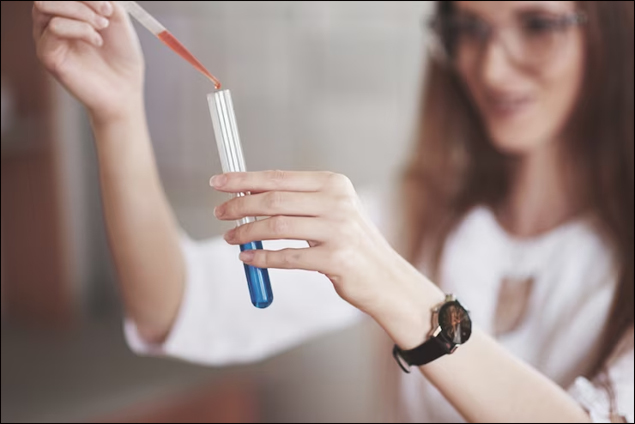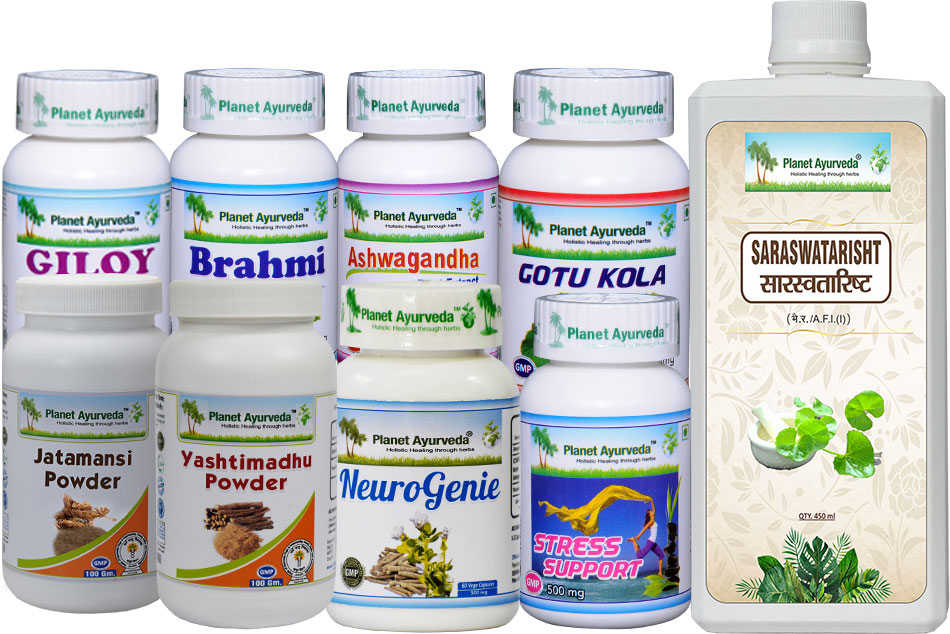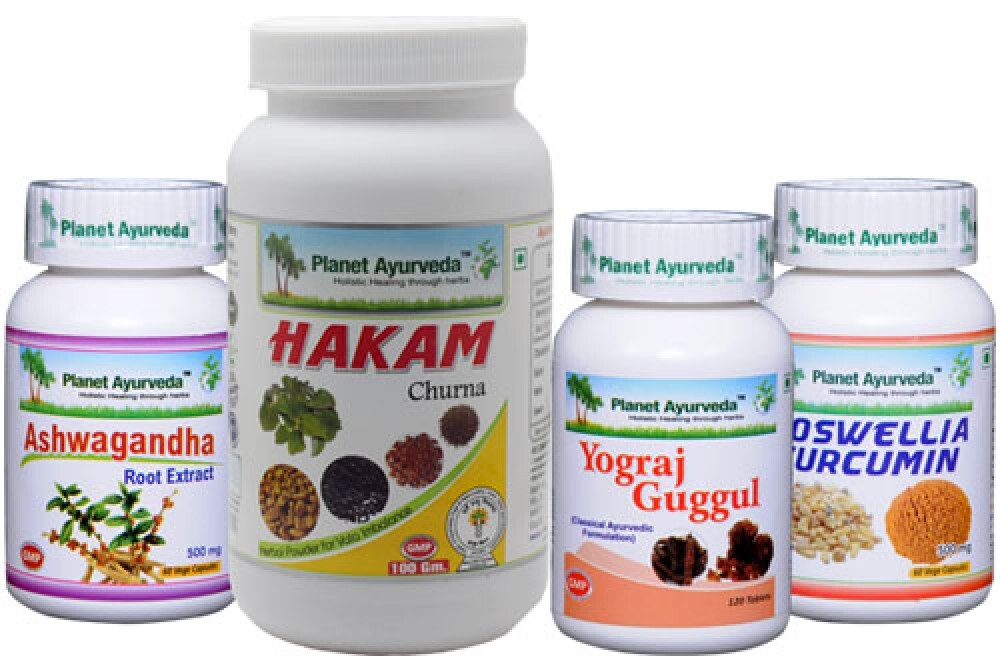Psychometric Tests and How Ayurveda Can be Useful in it
Introduction
Psychometric tests are done to measure the mental ability, aptitude, and personality of the person. These tests measure the psychological qualities of individuals and predict the knowledge and behavior of the person. Psychometric tests are strategic and should be objective. The test is a standardized procedure for recounting behavior and narrating it by using scores or given categories. It can be used as a part of the recruitment or selection process for career development. It is being used by 80% of fortune 500 and 75% of Times top 100 companies. A psychometric test allows one to make inferences based on described behavior, liability, and actions in a particular way.

- Psyche means mind and
- Metric means to measure
Measurement of mind is done in a psychometric test for
- To recognize your personality and mental abilities
- How well you can work
- To analyze your emotional stability
- To rule out psychological stability
- To rule out whether you fit in job requirements
- How you can manage and handle stress
- Help in making successful hiring decisions
Types of psychometric tests
- Personality and interest test
- Aptitude and ability test
Different categories of psychometric tests
There are three categories of psychometric tests used by psychologists
- Normative tests – where data exist about the range of scores expected from the population under consideration (IQ scores)
- Criterion-referenced tests – are used in the educational system to match the criteria that are already being arranged.
- Idiopathic tests – to check progress over time.
Applications of Personality Tests
- Health psychologist
- Occupational psychologist
- Criminal psychologist
Some popular psychometric tests used for evaluation are
- MBTI
- OPQ32
- Thomas’s personal profiling system
- FIRO-B
- Picture frustration test
Principles of Psychometric Tests
Three criteria for good psychometric testing are
- Reliability – must measure the same thing in the same way
- Validity – face, concurrent, predictive, construct
- Standardization- The psychometric test must be standardized, objective, and non-discriminatory based on gender, and ethnicity, and must be equal on all basis for all the applicants moreover, should be reliable.
How can Ayurveda help in improving psychometric testing?
As discussed earlier, the psychometric test rules out our mental ability. We can strengthen our minds naturally with some ayurvedic herbs that directly work on our brains. Consuming these herbs as brain supplements will add strength to your memory. This can help in improving your psychometric test score and will increase your chances of selection. Most of these herbs are classified under the ‘Medha Rasayana’ categories.
Herbal remedies for Psychometric tests by Planet Ayurveda
These herbs are available in tablets, capsules, and syrup form in our Planet Ayurveda pharmacy. Planet Ayurveda is a GMP-certified, ISO-certified, and US-FDA-registered ayurvedic company which prepares natural medicines using authentic ways. The herbal medicines prepared by the company are prescribed worldwide for many health conditions. These medicines are 100% pure and are completely herbal with no side effects. Also while formulating these remedies, our MD experts take care of adding any sort of resin, color, or chemical. The preparation of medicines is purely based on ayurvedic principles and strictly follows government guidelines. Many of Planet Ayurveda’s brain relaxant preparations, brain tonics, and herbal medicines for improving the overall working of the brain are used purposely. Some of them are described below with product detail –
1. Brahmi Capsules
These fabulous capsules are prepared with standardized extracts of a perennial herb Brahmi (Bacopa monnieri). Taking brahmi helps improve brain functions by preventing brain cell damage. It acts as a brain tonic and is a good memory enhancer. Due to its stress-relieving properties, it is proven to be very beneficial in relieving stress and inducing the brain to work more efficiently.
Dosage – 1 cap twice daily with plain water after meals.
2. Mandukparni
(Centella asiatica) –It It works on the brain by easing symptoms of anxiety and calming the brain by managing the function of neurotransmitters in the brain. It belongs to the group of psychotic drugs called Medhya Rasayana. It increases mental alertness. It is used as a brain tonic for enhancing memory. Along with its actions on the brain, it also has enormous excellent effects on other body functions. Mandookparni prescribed along with other herbs help to maintain psychological functions more effectively.
Dosage – 1 tsp twice daily with plain water after meals.
3. Stress Support
This polyherbal support system is prepared from the standard extracts of the herbs – Ashwagandha (Withania somnifera), Tagara (Valeriana wallichii), and Brahmi (Bacopa monnieri). These herbs help to relieve stress and depressive mood. These capsules act on brain cells and improve the thinking of the person which will enhance their performance scores in psychometric tests.
Dosage – 1 cap twice daily with plain water after meals.
4. Jatamansi Powder
(Nardostachys jatamansi) –Jatamansi acts as a brain tonic and promotes brain health by strengthening brain nerves. It is mainly prescribed for mental conditions like epilepsy, insomnia, anxiety, depression, etc. Jatamansi improves brain health internally when taken orally in the form of churna, tablets, and capsules as well as externally when applied in form of oil on the scalp. It relaxes the mind and improves memory. It also maintains scalp health.
Dosage – ¼ th tsp wice daily with plain water after meals.
5. Neurogenie Capsules
These capsules are made from extracts of Brahmi (Bacopa monnieri) – whole plant, and Ashwagandha (Withania somnifera) – roots. Both of these herbs are very useful in brain tonics and help the person to gain control of their emotions and way of thinking. This will ultimately keep them calm and help in obtaining opportunities.
Dosage – 1 cap twice daily with plain water after meals.
5. Shankhpushpi Capsules
Shankhpushpi Capsules(Convolvulus microphyllus) – The main function of the shankhpushpi is to calm down the brain by relieving stress. This drug is prescribed for patients with insomnia, hyperactivity disorders, personality disorders, etc. being a Medhya Rasayan it works on poor memory by increasing concentration levels. It gives strength to brain nerves. Shankhpushpi comes in form of powder, syrup, capsules, and tablets and is prescribed accordingly to the patient.
Dosage – 1 cap twice daily with plain water after meals.
6. Mulethi Powder
Mulethi Powder(Glycyrrhiza glabra) – Mulethi an ancient herb found in all homes of India has immunity-boosting properties that help to fight against a maximum of disorders. It is better known as a herbal remedy for cough and cold. But it has far more benefits than this. It has very beneficial actions on brain and is used in various brain tonics. It increases brain functioning.
Dosage – 1 tsp twice daily with plain water after meals.
7. Giloy Capsules
Giloy Capsules (Tinospora cordifolia) – Guduchi is a potential ayurvedic herb used for various body ailments. It has anti-inflammatory, antipyretic, antispasmodic, anti-stress, anti-diabetic, antioxidant, anti-malarial, and immunomodulatory properties. It is used as a Rasayana. It is also used in various mental disorders. It calms down mind and improve its functioning by releasing stress
Dosage – 1 cap twice daily with plain water after meals.
8. Ashwagandha Capsules
Ashwagandha Capsules(Withania somnifera) – These capsules will balance tridoshas in the body. It has remarkable results in managing brain disorders. It reduces stress, and anxiety and reduces symptoms of mental disorders including depression, schizophrenia, bipolar disorders, etc. It has special effects on medhya (brain) and increases mental intelligence that will help you crack psychometric tests.
Dosage – 1 cap twice daily with plain water after meals.
9. Saraswatarisht
This ayurvedic tonic is used for various mental conditions. Self-generated alcohol and water are added along with Brahmi (Bacopa monnieri), Vidari (Pueraria tuberose), Abhaya (Haritki), Shunti (Zingiber officinalis), Shatavari (Asparagus racemosa), Usheera (Vetiveria zizaniodes), Makshika (Honey), Dhataki (Woodfordia fruticosa), Kushta (Saussurea lappa), Vajigandha (Withania somnifera), Vibhitki (terminalia bellerica), Giloy (Tinospora cordifolia), Vidanga (Embelia ribes), Twak (cinnamom) sugar candy and gold leaf. It is a memory tonic and acts as an antidepressant, working in sleep problems, anxiety, phobias, schizophrenia, speech disorders, and many other mental conditions. Taking this syrup will improve the overall mental health of the person and he/she can very easily crack psychometric tests.
Dosage – 2 tsp twice daily with plain water after meals.
Conclusion
The dosage and drug to be used by the particular person are indicated by the doctor after ruling out all necessary points. These herbal medications will surely add to your intelligence without any side effects and will improve your psychometric score/category. For safe and required intake of these medications consult our doctors at www.planetayurveda.com






